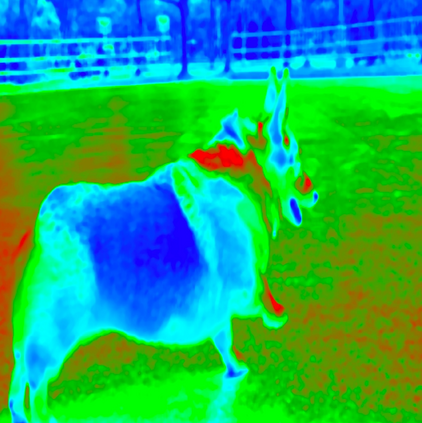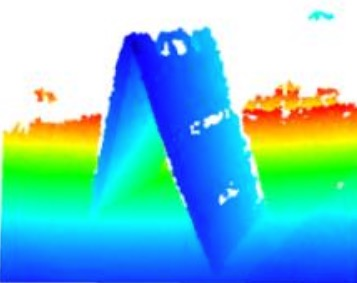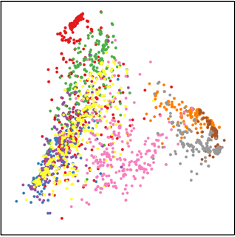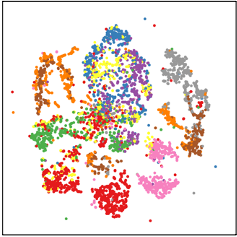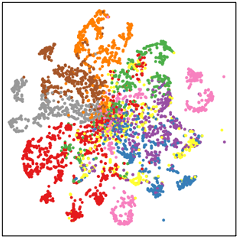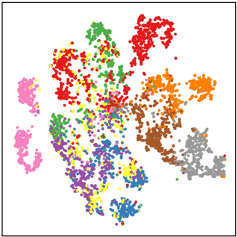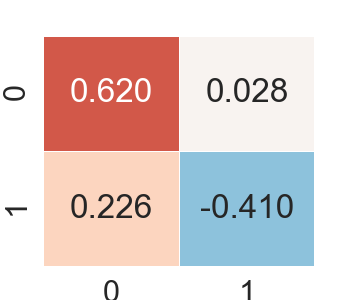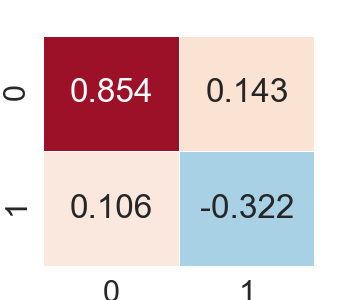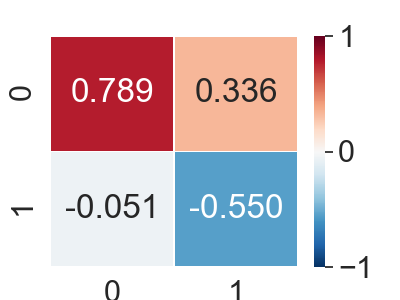In this paper, we explore the problem of deep multi-view subspace clustering framework from an information-theoretic point of view. We extend the traditional information bottleneck principle to learn common information among different views in a self-supervised manner, and accordingly establish a new framework called Self-supervised Information Bottleneck based Multi-view Subspace Clustering (SIB-MSC). Inheriting the advantages from information bottleneck, SIB-MSC can learn a latent space for each view to capture common information among the latent representations of different views by removing superfluous information from the view itself while retaining sufficient information for the latent representations of other views. Actually, the latent representation of each view provides a kind of self-supervised signal for training the latent representations of other views. Moreover, SIB-MSC attempts to learn the other latent space for each view to capture the view-specific information by introducing mutual information based regularization terms, so as to further improve the performance of multi-view subspace clustering. To the best of our knowledge, this is the first work to explore information bottleneck for multi-view subspace clustering. Extensive experiments on real-world multi-view data demonstrate that our method achieves superior performance over the related state-of-the-art methods.
翻译:在本文中,我们从信息理论的角度探讨深多视角子空间分组框架问题。我们推广传统信息瓶颈原则,以自我监督的方式在不同观点中学习共同信息,并据此建立一个称为“自监督信息瓶颈基于多视角子空间群集”的新框架(SIB-MSC),从信息瓶颈中获取优势,SIB-MSC可以从各种观点的潜在表达中获取潜在空间以获取共同信息,方法是从观点本身中去除多余的信息,同时为其他观点的潜在表达保留足够的信息。事实上,每种观点的潜在表述提供了一种自我监督的信号,用于培训其他观点的潜在表述。此外,SIB-MSC试图通过引入基于规范的相互信息条款,为每种观点学习获取特定观点信息的其他潜在空间空间空间,从而进一步提高多视角子空间组合的性能。根据我们的知识,这是为多视角子空间分组探索信息瓶颈的首项工作,目的是探索多视角子空间分组的信息瓶颈,同时为培训其他观点的潜在表述提供了一种自我监督的信号。此外,SIB-MSC试图通过引入与现实世界相关的数据,从而实现与现实世界相关的高超度数据。






